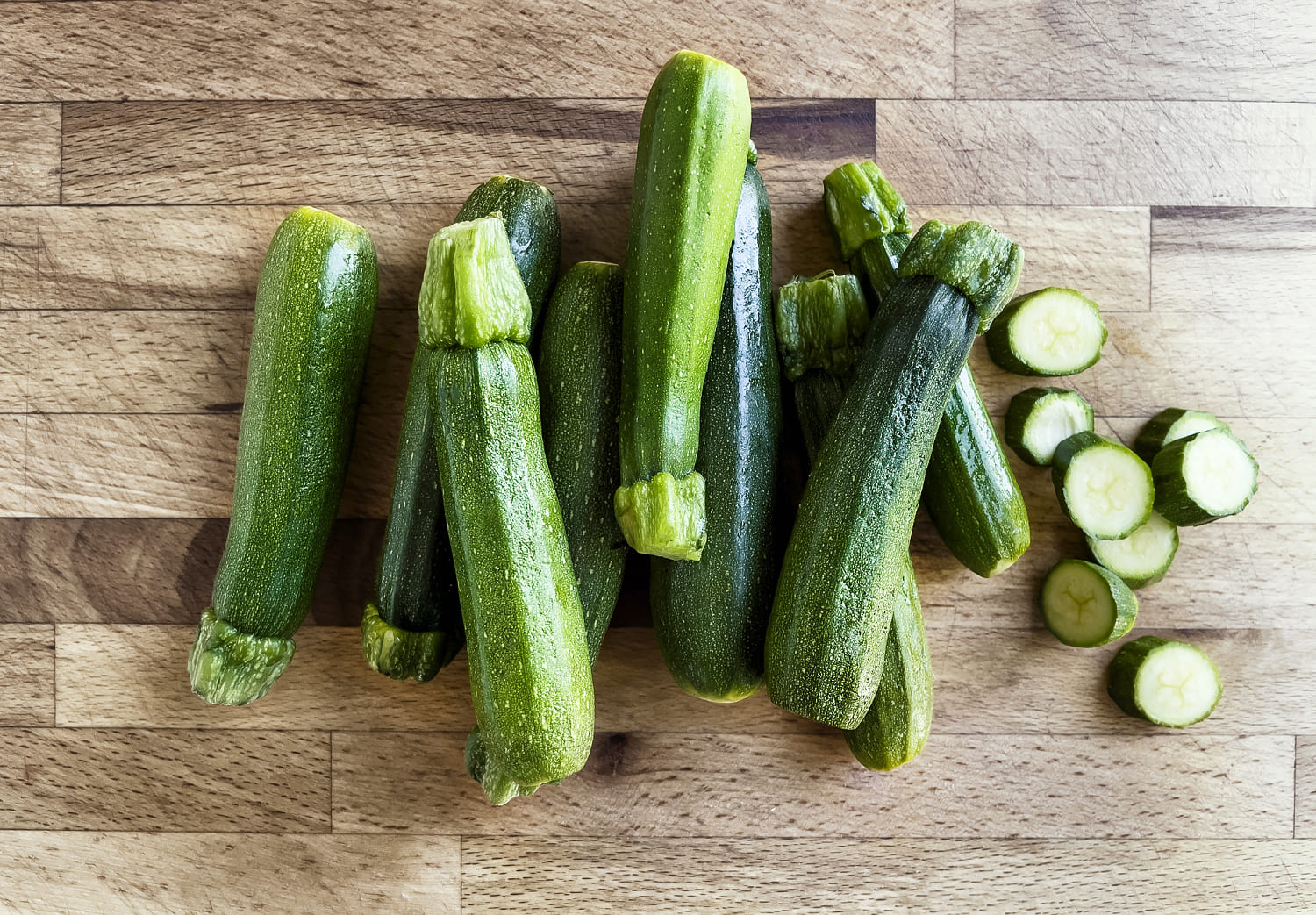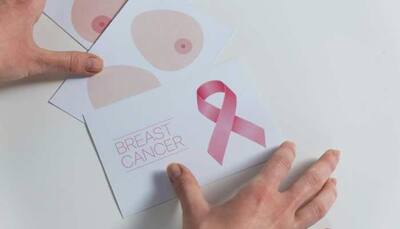Zucchini is a neutral tasting summer fruit (yes, fruit!) that is anything but boring. Its subtly sweet flavor makes it the perfect addition to meals for people who are . With plenty of nutrients like vitamin C, folate, manganese and magnesium, eating zucchini should be on your summer to-do list.
Plus, it's easy to use in various ways: , air fry as crispy “fries” or “chips,” grate raw into salads or smoothies, or add to muffins or quickbreads. Learn the health benefits of eating zucchini, including some unique facts about the fruit and healthy recipes to add to your weekly routine. One medium has: Zucchini has several important nutrients, but potassium, vitamin C and folate are the most abundant.

is an electrolyte that is present in every cell in the body. It plays a key role in blood pressure regulation and cellular fluid balance (aka hydration). Many demonstrate that adequate potassium intake can lower blood pressure, a major indicator of heart health.
Most people don’t eat enough potassium daily, therefore including zucchini can benefit the heart. is a potent antioxidant that has also been to lower the risk of heart disease. This important vitamin not only helps with immune function, it’s necessary for collagen production and protein metabolism.
What’s more, suggests that the vitamin C in zucchini plays a role in reducing bodily inflammation and may even aid in the death of cancer cells. Zucchini also contains two other antioxidants, called lutein and zeaxanthin. These compounds are known for their protective role in eye health.
states they are the only carotenoids (plant compounds) that accumulate in the retina and slow the progression of age related macular degeneration, which is the leading cause of vision loss for older adults. Lastly, zucchini is a good source of folate, which is an important B vitamin. is crucial for pregnant women and women who are trying to conceive because it plays a pivotal part in reducing the risk of neural tube defects in the baby.
Not to mention that may mitigate pregnancy nausea, so zucchini should be on the shopping list of every pregnant woman. Zucchini is not only delicious, but it’s perfectly safe and healthy to eat. Some people with severe kidney diseases may need to watch their potassium intake and limit zucchini consumption.
Otherwise, there is no reason to avoid zucchini. Besides the abundance of health benefits, here are a few more reasons to add zucchini to your weekly meal plan. The body is made up of about 60% water, and taking in plenty of fluids throughout the day is vital for health.
While is one of the most important aspects of hydration, eating foods with high water content contributes to overall . The recommends consuming 20% of your fluid needs through foods, and zucchini consists of 95% water. Cooking removes some of the water, so eat it raw to get a fluid boost.
Shave a few slices of zucchini into your salad or add some zucchini slices to your smoothie for a hydrating boost. If you’ve ever tried “squash blossoms” you’ve eaten the zucchini flower. The yellow orange flower is how the plant pollenates, and it has a mild taste that is great for frying or sautéing.
Look for at your local Farmer’s Market or select grocery stores. Or you can pluck them right out of your garden. Since zucchini is mostly water, it probably comes as no surprise that it adds flavorful moistness to baked goods.
Although you can’t use it to replace fat, like butter or oil, zucchini lends a soft texture and mild flavor to baked goods. Plus, it’s a great way to get a little bit more nutrients in your dessert. Pick up some zucchini at the local market today and get cooking.
These simple and healthy recipes will inspire you to eat more zucchini. Natalie Rizzo is a New York City-based dietitian, the founder of Greenletes and author of "Planted Performance.".


















